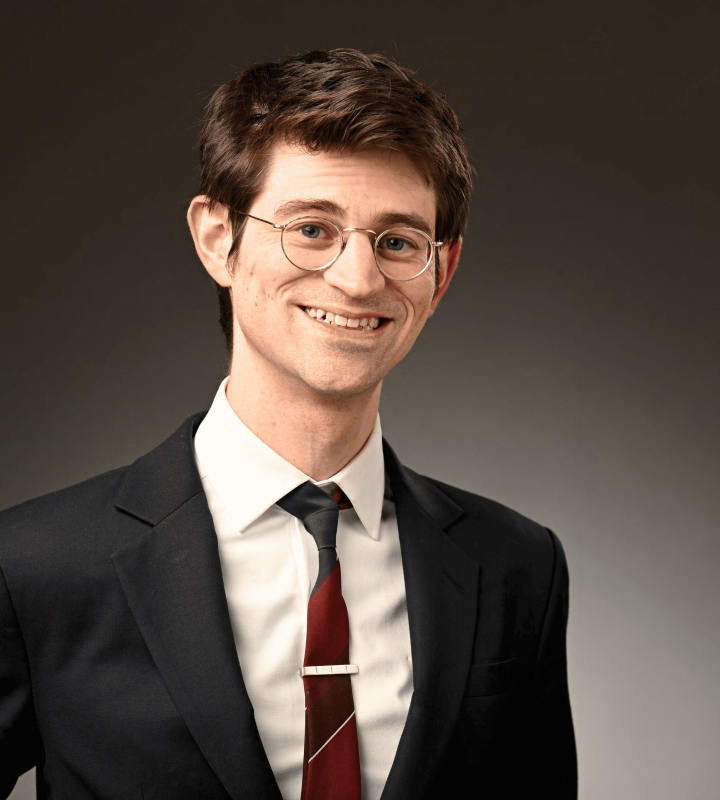Doni Bloomfield, JD, is an Associate Professor of Law at Fordham Law School. His research examines how the law can encourage technological progress while reducing risks to both health and economic well-being. In recent work, he has analyzed how the government uses innovation laws—including intellectual property regimes and research grant terms—to reduce the biosecurity risks posed by generative AI. He is also interested in the political economy of export control laws, the danger information regulations pose to civil liberties, and the relationship between market competition and resilience, among other topics. His work has appeared, or is forthcoming, in Science, BMJ, JAMA Internal Medicine, the Journal of Law, Medicine, & Ethics, Washington University Law Review, Iowa Law Review, Antitrust Law Journal, and elsewhere. He is a fellow at the Thurman Arnold Project at Yale University.
Prior to joining Fordham, Prof. Bloomfield was a Senior Research Associate at Johns Hopkins Bloomberg School of Public Health’s Center for Health Security and a postdoctoral fellow at the Program on Regulation, Therapeutics, and Law at Harvard Medical School. Before law school, he was a biotechnology reporter for Bloomberg News in Boston.
For more information, visit https://www.fordham.edu/school-of-law/faculty/directory/full-time/doni-bloomfield/
